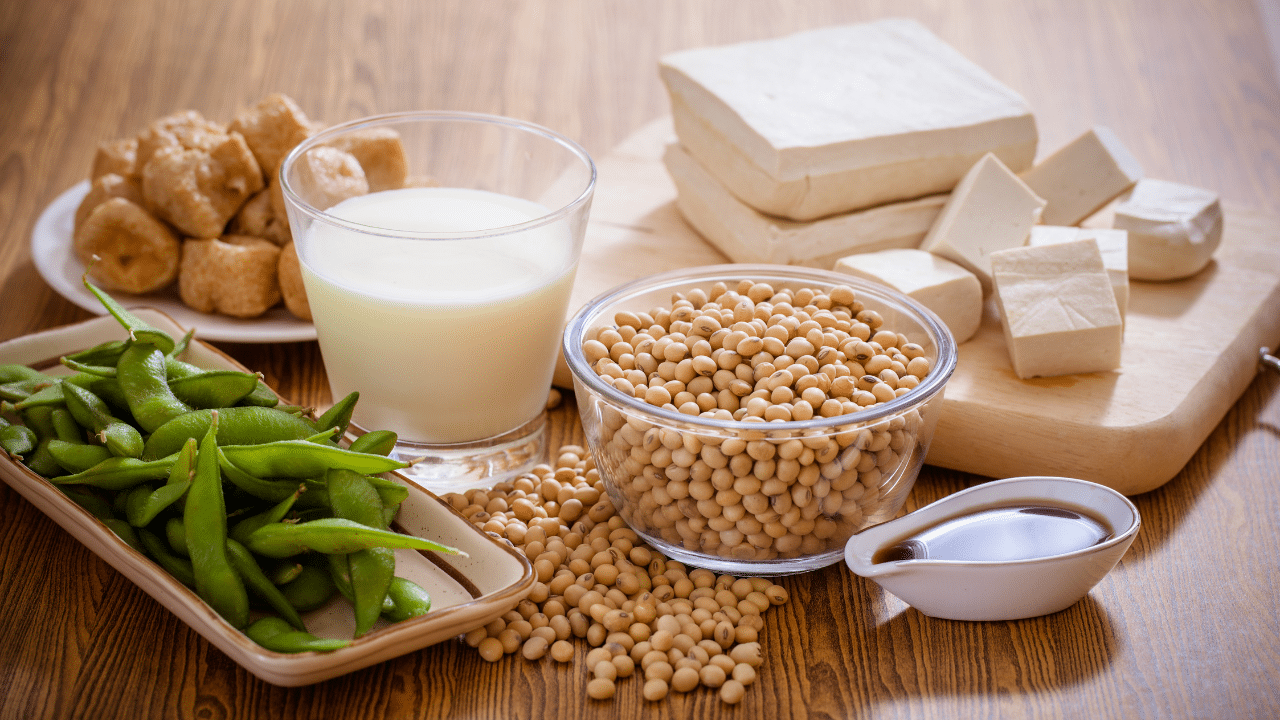
CBD: A New Weapon In The Opioid Epidemic?
This article is by Scott Mazza, COO and Co-Founder of Vitality CBD
The opioid epidemic has reached alarming levels in America, with more than half a million overdose deaths in the last two decades. But there is some hope on the horizon. Two new studies suggest that cannabidiol (CBD) can not only reduce opioid cravings but also enhance the effects of the opioid antidote. As such, CBD is emerging as a crucial weapon in the battle against opioids.
However, not all products in the industry are created equal. To harness CBD’s full therapeutic potential, CBD must first weed out the bad apples and inferior products. Let’s explore.
The Promise of CBD
There are three reasons why CBD is showing promise in the battle against opioids. First, CBD is a natural substance that is extracted from the cannabis plant, and it is a potent painkiller. Unlike opiates, CBD is completely safe to consume and contains no addictive properties. In fact, in many cases, CBD may even be more effective than opiates at treating certain kinds of pain. For example, CBD salves are growing as an effective way to recover from injury. Moreover, CBD does not cause any physical dependency or withdrawal symptoms when stopped, which makes it less likely to be abused.
Second, CBD is less likely to cause side effects than opioids. Studies have shown that CBD can be an effective alternative to prescription painkillers and opioid addiction medications such as suboxone, methadone, and Oxycontin. Additionally, CBD does not cause respiratory depression or death when taken in large doses, unlike opioids. Since it does not produce highs like THC or euphoria like opioids, CBD is considered a safer option than both of these substances.
Third, CBD has a longer half-life than many opioids, meaning it can sometimes last for days after administration. This could be particularly beneficial for chronically ill patients who need to manage their pain for several days or those who are using non-opioid medications but still experience pain.
The Study of CBD
Researchers recently published their findings on opioid addiction and cannabis compounds. The results are auspicious.
The first study, published in Addiction Neuroscience, explored the behavioral and physiological effects of inhaled CBD vapor. Researchers found that CBD reduced opioid reward in female rats without impacting cognitive function, social behavior, or drug-seeking behavior. The study concluded that clinical trials examining CBD as an adjunct treatment during opioid use disorder are highly warranted.
The second study by Indiana University Bloomington examined the potential for CBD compounds to help cure opioid overdoses. The study found that CBD derivatives outperformed naloxone, a medication that reverses overdoses, blocking opioids and reducing fentanyl binding. Additionally, two of the studied derivatives enhanced the effectiveness of naloxone when used together. Fentanyl, a highly potent opioid, binds faster than naloxone, requiring multiple doses of the antidote. These findings suggest that CBD derivatives could be used to improve the efficacy of naloxone and help reduce overdose deaths.
Both studies indicate the potential for CBD in combating the opioid epidemic. However, researchers caution that more research is needed to fully understand the long-term effects of CBD on opioid addiction and overdose treatment.
The Problem With CBD
The potential for CBD to be a game-changer in the fight against opioid addiction is promising, but the CBD industry needs to step up its game. In a medical context, the use of CBD demands medical standards, but this is currently not possible due to a lack of regulation and enforcement. Unfortunately, many products today are untested and unreliable. This simply won’t do for a substance that could help save lives.
For example, Leafly found that half of the products tested delivered the wrong amount of CBD as advertised on the label. The industry must, therefore, better regulate itself and make independent product testing the norm. All players must publish their results and ensure their products deliver what they promise. Call out bad actors and pressure others to lift the product quality.
While it’s encouraging that more research and attention are being paid to CBD, the industry must do its part. This means setting minimum production standards and embracing third-party testing. With more research and advancements in technology, as well as production legitimacy, we can gain a better understanding of how cannabinoids interact with the body for pain management. Then, we can consider bringing this compound to the front lines of this deadly epidemic.






